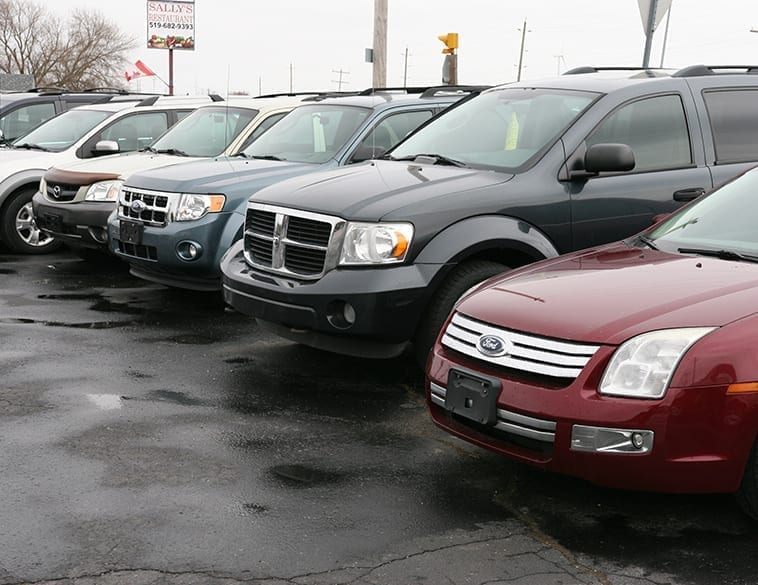According to Canadian Black Book, there are positive signs in vehicle demand as we enter the second half of 2020.
CBB notes that while the first six months of the year were considered a disaster due to the COVID-19 pandemic, there are indicators that things are continuing to improve.
In the wholesale used-vehicle marketplace, pricing for both passenger cars and light trucks have posted small gains during the end of June and beginning of July, (passenger car demand inched up by 0.19% in the last week of June and 0.02% July, while light trucks saw a 0.18% increase in the first week of July across all segments (up from 0.05% in the week of June).
In a press release, CCB said that these upswings, although modest does indicate that the “market is pausing its downward trajectory and prices are heading upward.
Much of this change can be attributed to a temporary restriction of used vehicle supply in the market. With very few trade-ins, lease returns and repossessions happening over the past number of months, there are not many used vehicles in the wholesale market currently.”
Nevertheless, CBB acknowledged that in the coming months, downward pressure on prices is expected to increase in the wholesale used market as inventory levels start to increase due to the onset of lease returns, rental cars and fleet vehicles, as well as an expected increase in repossessions as a result of delinquent loans.
CBB’s Used Value Retention Index, which measures the actual value of 2 to 6-year-old vehicles in the Canadian Wholesale marketplace has seen significant declines so far in 2020, dropping 7.8 index points (7.2%) since February through May.
In June however, the decline almost flattened with the index showing 0.01 percentage change driven by strong used vehicle values and current tight supply.
How things will fare from here on in remains difficult predict. Looking at the bigger overall economic picture, the Conference Board of Canada recently released its Summer Report.
While the Board expects the Canadian economy to contract by 8.2% this year overall (the worst contraction on record) and a 57.5% drop in household spending is predicted through the end of 2020, things are expected to turn around as we enter 2021 with the economy expected to grow by 6.7% next year and 4.8% in 2022.
Additionally, with some 300,000 jobs added in May, consumer confidence appears to be growing.
The Conference Board of Canada notes that while Canadians still remain cautious about big-ticket purchases, the Board’s Consumer Confidence Index actually rose by 16 points to 79.7 points in July, indicating that the auto sector and vehicle sales appear to be on the right track.
For more details, on the report, click on the link here.



